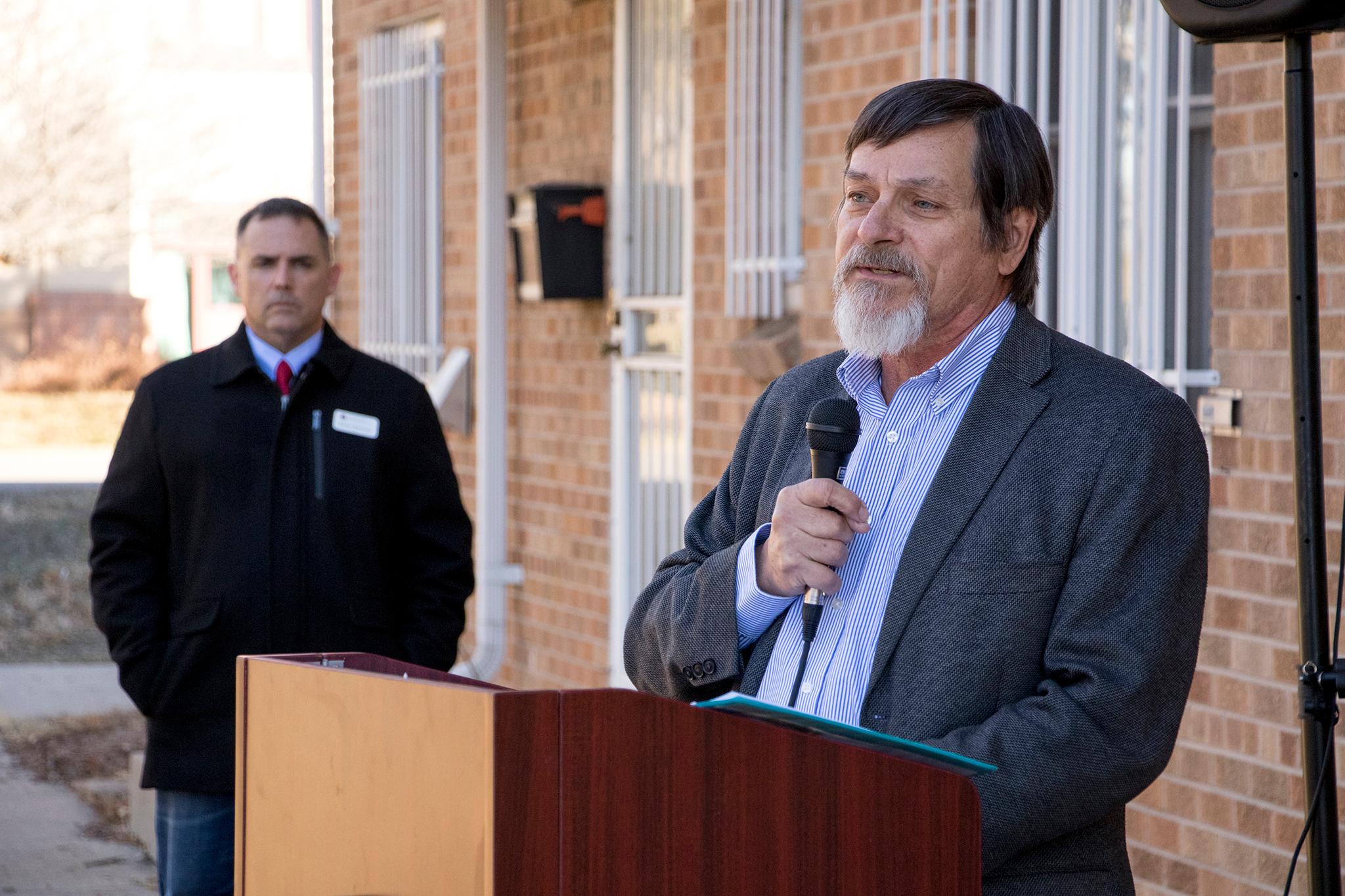A veteran Colorado housing activist who is taking over a national advocacy group says he will use his new platform to ensure that calls for more federal dollars to address homelessness are part of the political conversation leading up to the 2020 presidential vote.
In a joint statement Thursday, the National Coalition for the Homeless and the Colorado Coalition for the Homeless said John Parvensky, who has led the Colorado group since 1985, has been named acting executive director of the national organization. The statement also called on the federal government to double funding to support local and state efforts to end homelessness.
The Colorado coalition, according to the statement, will bring its administrative, financial and policy capacity to the national coalition, which has experience bringing the stories of people who have lived on the streets to the attention of national leaders.
"This alliance could not have come at a more critical time," Donald Whitehead, president of the National Coalition for the Homeless' board of directors, said in the statement. "We are experiencing the longest unabated homeless crisis in this country's history. Our goal is that our combined voices can drown out the disinformation emanating from an administration that proves daily that it is ill equipped to provide the leadership and resources necessary to end the suffering of those experiencing homelessness."
Parvensky replaces an interim director who had led the national coalition since its longtime leader Michael Stoops died in 2017. Parvensky will continue as president and CEO of the Colorado coalition. Megan Hustings, interim executive director of the national coalition since Stoops's death, will be its managing director in Washington.
In a telephone interview from Washington, Parvensky said he expected to visit Washington at least monthly. He said that in addition to helping the national coalition develop new leadership, he would be trying to educate presidential candidates about homelessness and how the gap between earnings and housing costs has pushed more families, the elderly, the disabled and others out of stable homes.
Parvensky said local communities have borne the burden of funding housing and shelter programs while the federal government has been largely "missing in action."
"We have to do something different," he said. "The question is, 'How do we build the political will to make that happen? And how do we demonstrate that with additional resources we can turn the tide?'"
He said the Colorado coalition's success in developing affordable and supportive housing -- it has more than a dozen properties in Colorado -- provided a model.
The Colorado coalition also has worked with the Mental Health Center of Denver to serve people who have experienced chronic homelessness in the Denver social impact bond program. The service providers use police arrest data to identify some of the most vulnerable people experiencing homelessness, then get them housing and health, food, transportation, legal and other support. Denver hopes to save money it has been spending repeatedly arresting and jailing people experiencing homelessness or caring for them in emergency rooms. Some funding for the program comes from private investors with a social mission. The investors can get a return if the program meets performance goals.
Parvensky called Denver's social impact bond an example of the kind of creative solutions communities across the country are trying. He recently visited cities in California, Oregon and Washington that are struggling with homelessness crises.
"If we can get other communities to come together ... to educate their leadership and demand that there be federal action, I think we'll go into the next decade much stronger than we've been," he said.
Parvensky's Colorado group also has been pushing for Denver to spend more. It remained neutral on Initiative 300, an attempt to overturn Denver's camping ban that voters rejected earlier this month, but during the campaign called for the creation of a fund of at least $50 million annually for housing and homelessness services. The coalition has continued to press for such a fund, calling this week for the idea to be endorsed by incumbent Michael Hancock and challenger Jamie Giellis, who face off in a June 4 mayoral runoff.












